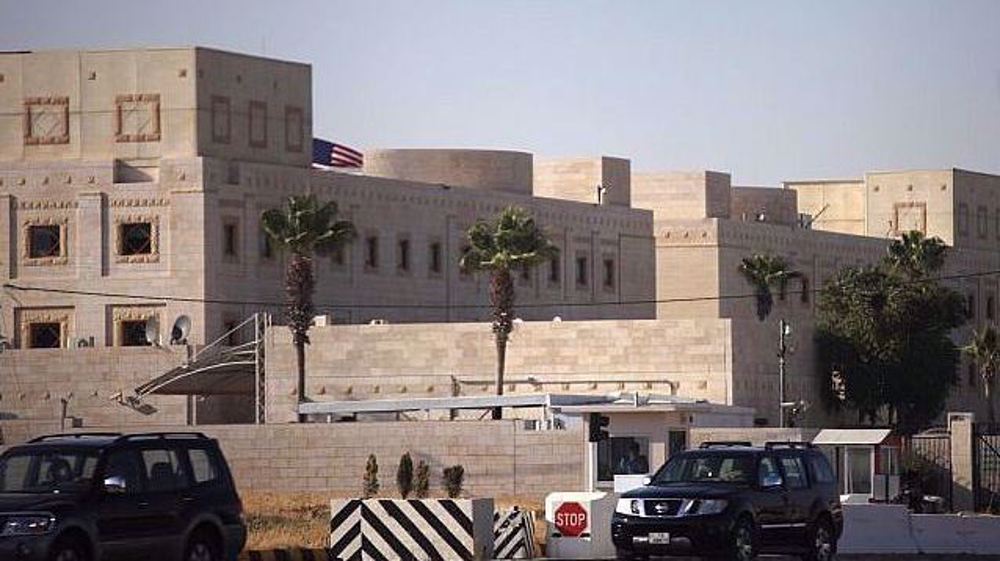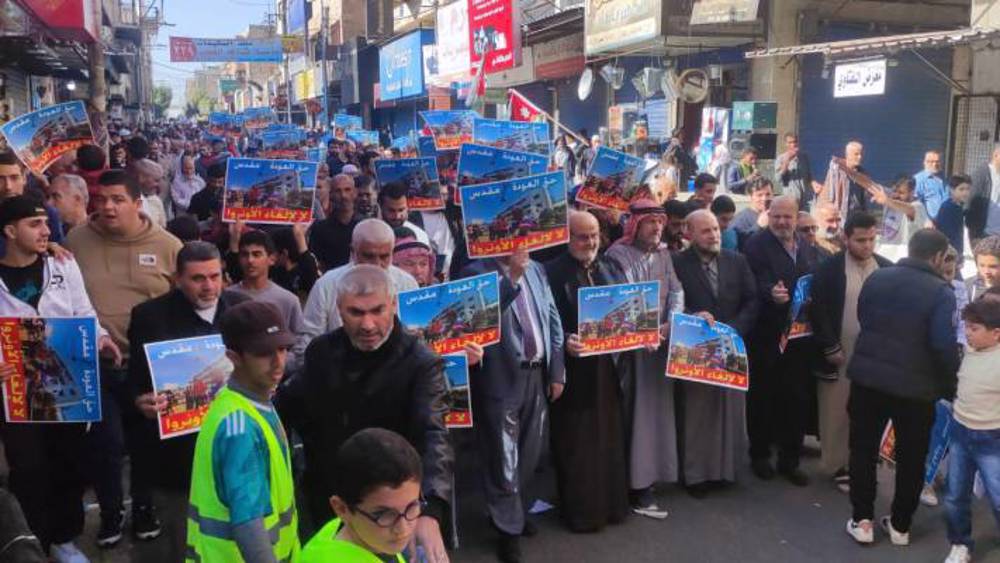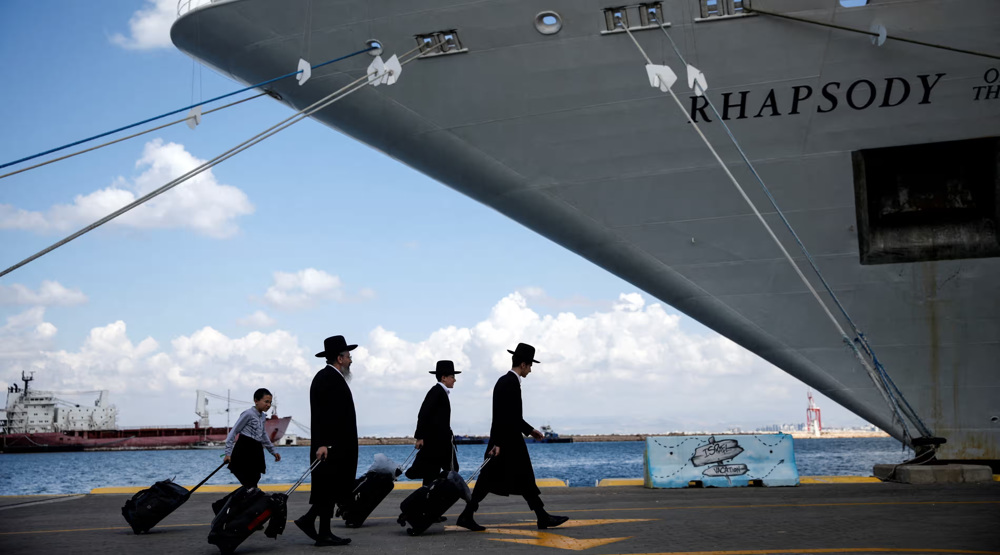Jordanian Brotherhood gains foothold in parliament
The political arm of Jordan’s opposition Muslim Brotherhood has regained a foothold in the lower house of the parliament following recent elections.
The Islamic Action Front (IAF), the Brotherhood’s arm, had joined Christians and prominent national figures to create the alliance of the National Coalition for Reform (NCR).
According to official results released on Thursday, the NCR won at least 16 of the 130 seats in the lower house of the parliament.
The IAF had boycotted the last two elections, in 2010 and 2013, in protest at the electoral system and allegations of fraud. The party, however, decided to field its candidates this time, after the government said it had introduced changes to the electoral law.
The new parliament will also seat 20 women, which is a record for the monarchy.
Among the seats, 15 had been set aside for the female candidates, but five other women won competitive races outside the quota system and increased the number of the seats to 20, according to the official results.
In the elections, around 1.5 million people, which is 37% of the country’s four million eligible voters, cast their votes for competing lists of candidates in 23 districts under a new system of proportion.
New rules replaced the “one man, one vote” system, which had been introduced in 1993.

Although the number of the seats won by the NCR is enough to allow the alliance to serve as a rather vocal opposition entity, it is not enough to challenge establishment legislators in the lower house of the parliament.
The county’s laws are usually drafted by the government but must be endorsed by both houses of the parliament.
Governing powers, however, would still continue to largely reside in King Abdullah II, who has been granted the right to directly hire and fire the heads of the army and the intelligence services as well as senior judges and members of the parliament’s upper house without government approval.
Earlier this year, the monarch dissolved the parliament and swore in a new government.
VIDEO | Press TV's news headlines
Israel kills 5 Palestinian journalists in front of Al-Awda Hospital in Gaza
VIDEO | Gaza ceasefire obstacles
VIDEO | Pakistani Christians mark Christmas in solidarity with Palestine
VIDEO | Plight of Gaza cancer patients
Dozen people killed in armed clashes in Syria’s Tartus
VIDEO | Yemen’s hypersonic missiles continue targeting Israel
VIDEO | Intl. event marks Yalda Night, Christmas, Birth Anniv. of Lady Fatima (PBUH)













 This makes it easy to access the Press TV website
This makes it easy to access the Press TV website